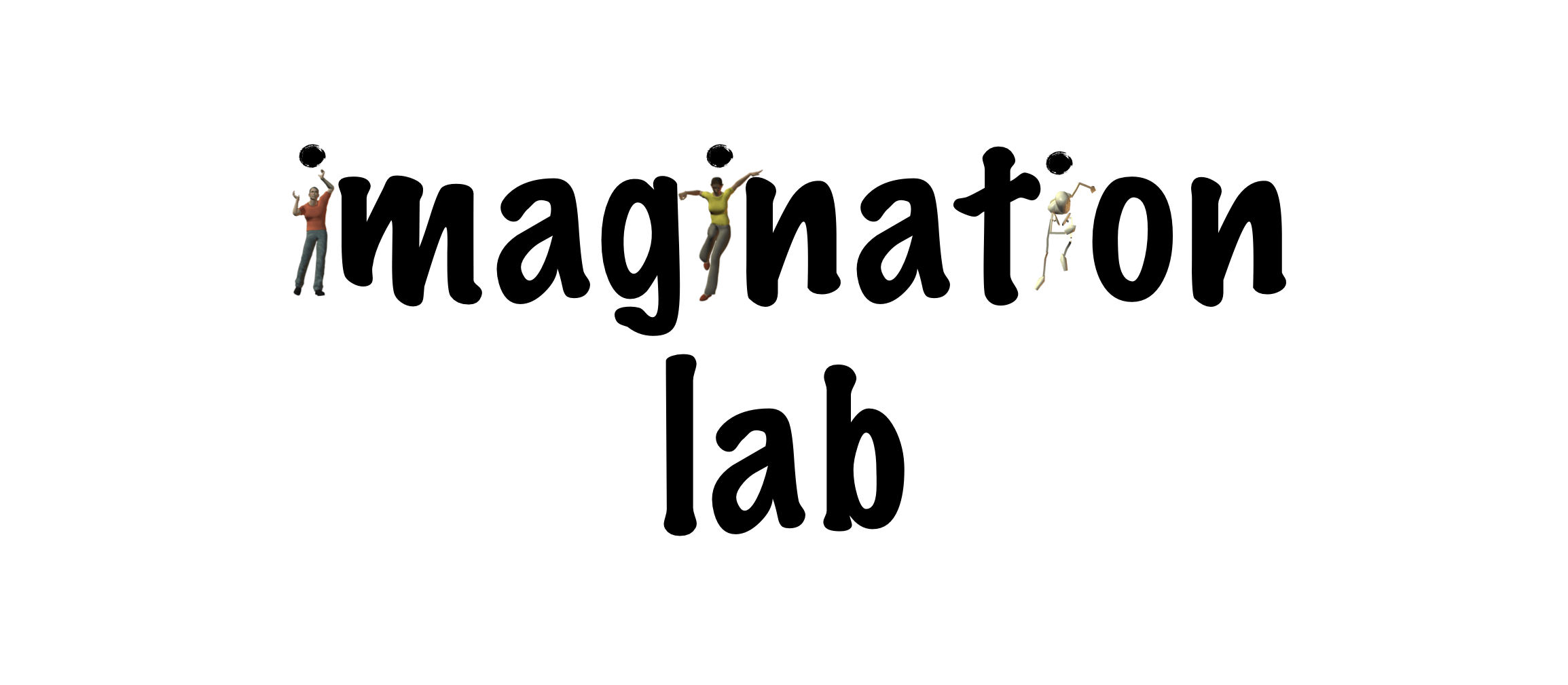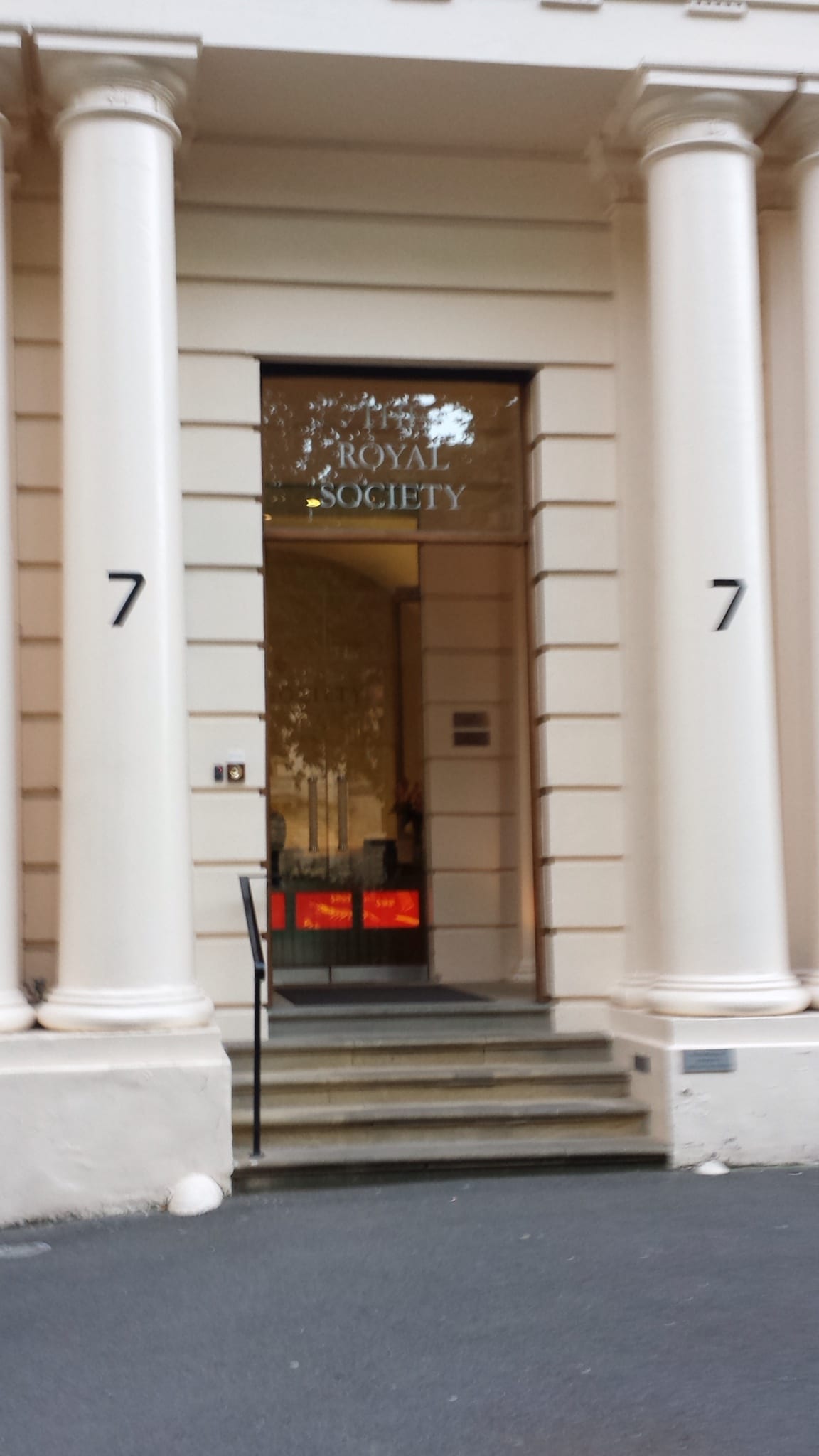So, if you have to get up at 4am to stumble onto the first train to London to attend a bunch of talks, you really hope it's going to be worth it – and that it was!
The Keynote Seminar on Impact assembled a diverse and fascinating panel of speakers, engaging with a diverse and interested audience. And all of this in the beautiful and tangibly steeped in history Royal Society building in London.
I can't hope to summarise all of the event – with so many speakers and discussions, but some things that were said really struck a chord with me.
These points made by David Halpern, Director of the Behavioural Insights Team (points as I understood them – possibly not as he meant them)
- Don't throw things over the wall It is not enough to publish things and sit back and hope it'll reach the right people
- The importance of Translational bodies to communicate between researchers, policy makers and the public
- The Zone of Proximal Development When academics, businesses, policy makers interact, they have to do so in the Zone of Proximal Development. This Vygotskyan idea of learning applied to different partners implies that what we do cannot be too far removed from our potential partners, if we want it to be of use to them.
Sophie Duncan, from the National Centre for Public Engagement
- Don't forget the Social impact of universities
- Impact goes beyond the REF – and much important impact is not rewarded by the REF
- A culture change is needed in academia to make people see the importance and value of impact
Abigail Chard, Campus PR
- Perhaps unsurprisingly for a PR professional: impact through communication – impact can be achieved through communication with stakeholders
Excellent – we have great PR people at Lincoln uni, and we can further build on that network.
Nicola Jones from Palgrave Macmillan
- It seems obvious once you say it, but actually who is the public? the public are not just endusers but all sorts of people and they should be involved throughout the research process and not just at the end
- Open access does not mean accessible – as academics we need to do a better job of communicating our research in such a way that it becomes accessible / understandable for people outside the immediate field of research
Graeme Rosenberg – the manager of the REF 2014 – (bravely) talked about the REF and Impact to a audience full of academics…
- REF & Impact: should reward excellence in research and give public accountability of investment in research. It should encourage engagement with users.
- Whilst impact has to be related back to evidence, the REF panel is not just interested in evidence from particular outputs – this in opposition to Sophie Duncan's point of the narrow focus of the REF
- The REF panel assessing impact will have endusers – not just academic users – assessing the work
- And the million dollar questions: just what is a 4 star publication? Well, the REF panel will go through a calibration process and then it is down to judgement (<to me this sounds like “no one knows….”)
Lianne Deeming, engineer and member of REF panel
- “It takes 7 seconds to make a first impression, how long does it take to quantify impact of research?” Hopefully not much longer – it should be apparent from the first sentence of a case study what the impact of the research is
Mark Holmes – Department for Business, Innovation and Skills
- Economic impact is important and easier to measure, but it's not the only impact that matters
- Not just influencing policy but achieving policy outcomes
- Policy makers are not always aware that they use publicly funded research to guide their decisions
Well, you probably had to be there. Much food for thought and great to see so much diversity in opinion. Whether any of this can be translated into tangible improvements to impact or research – we will have to see.


